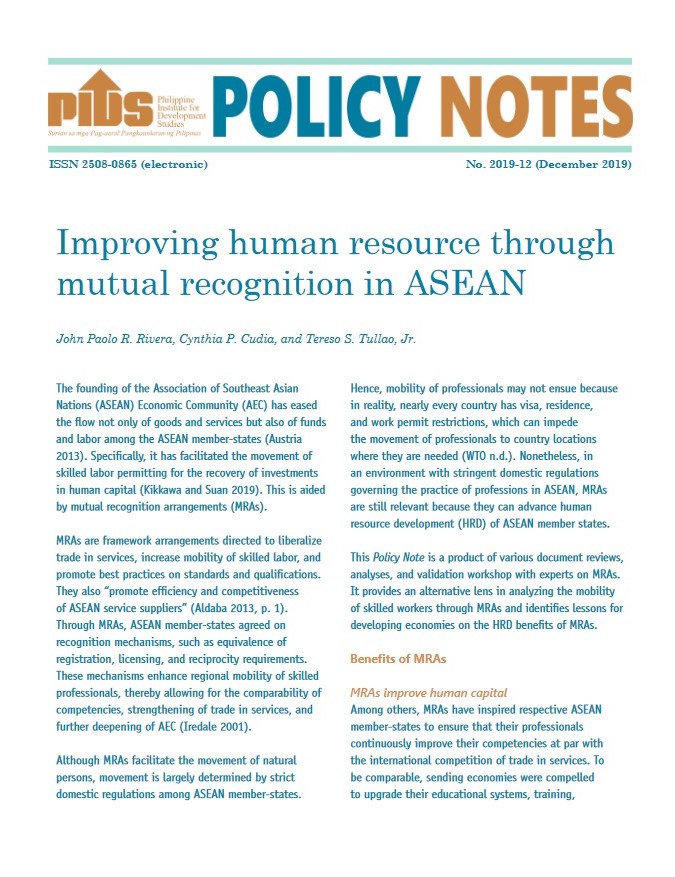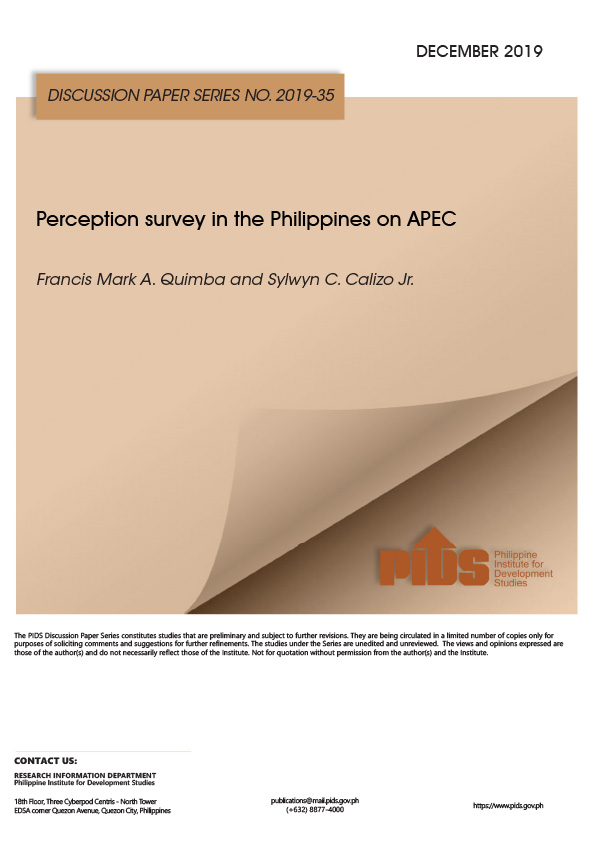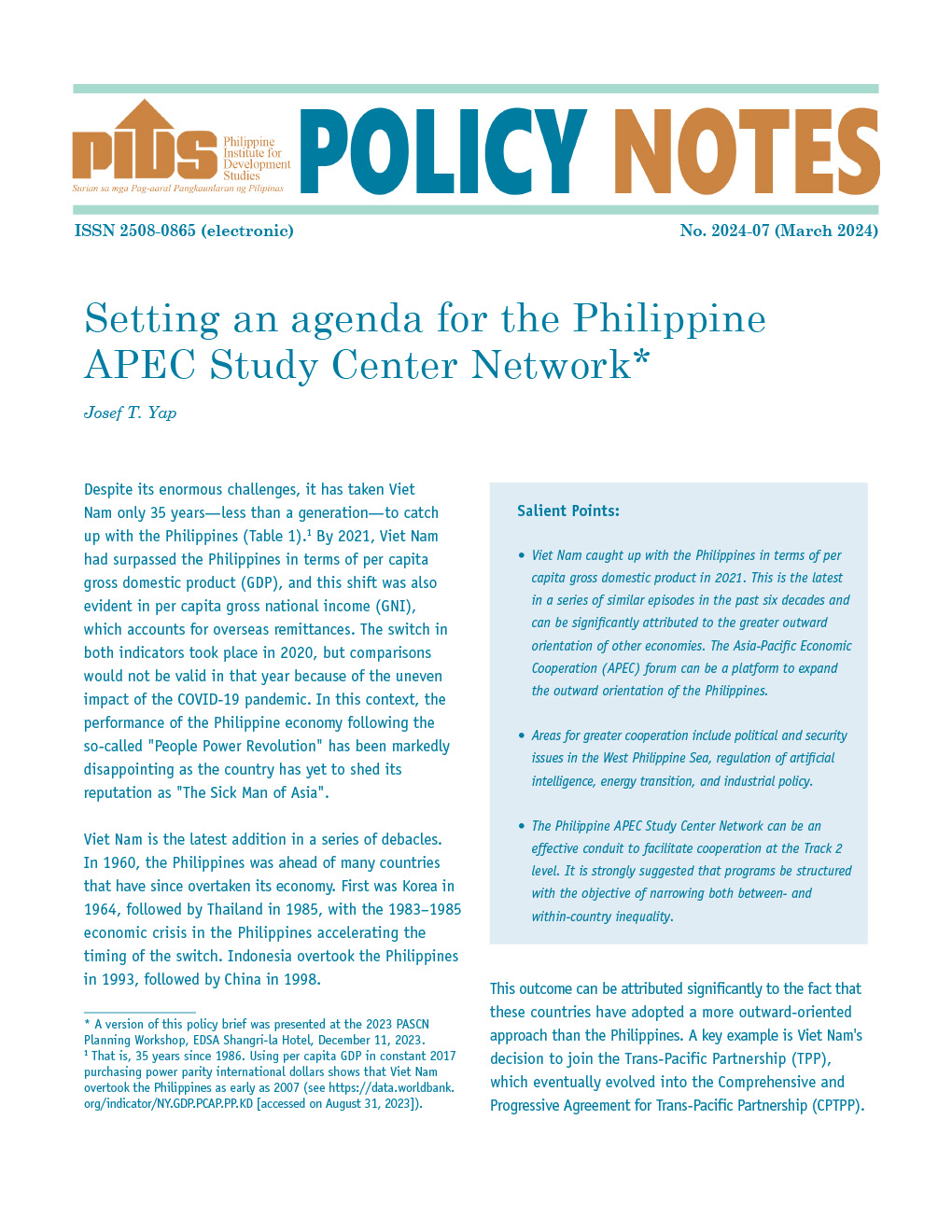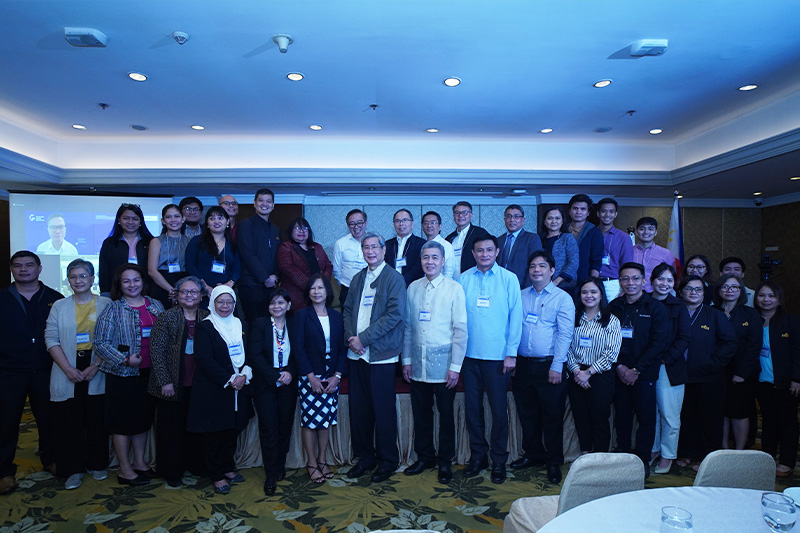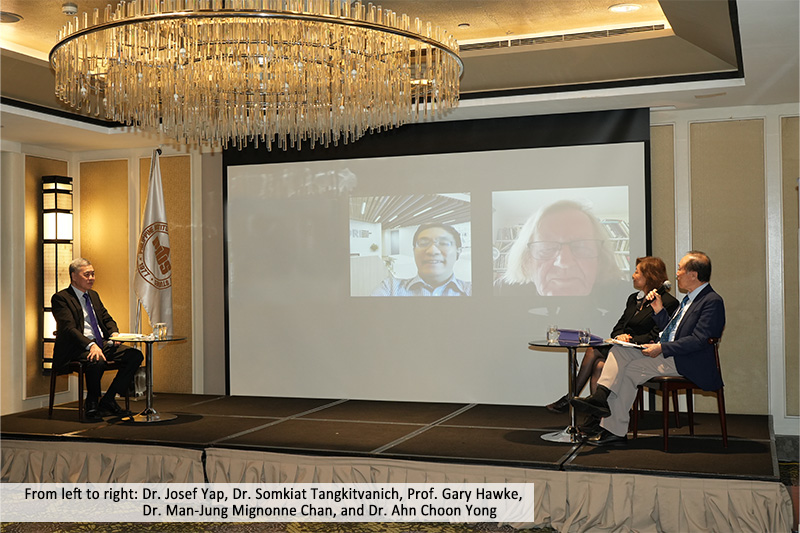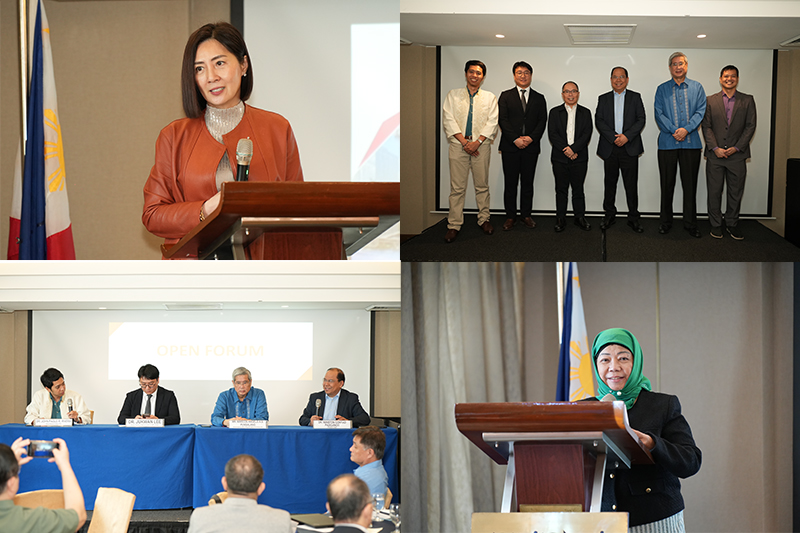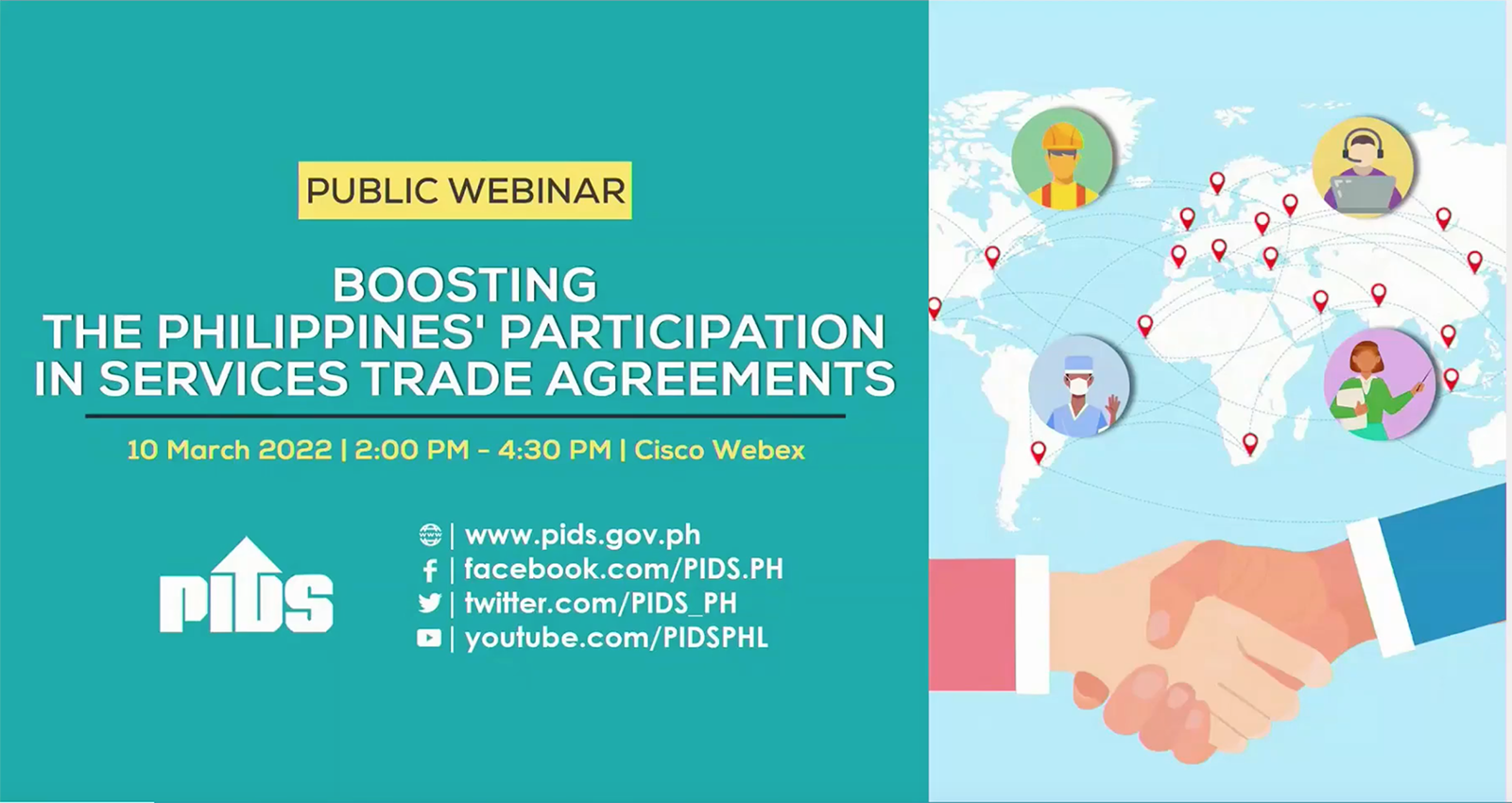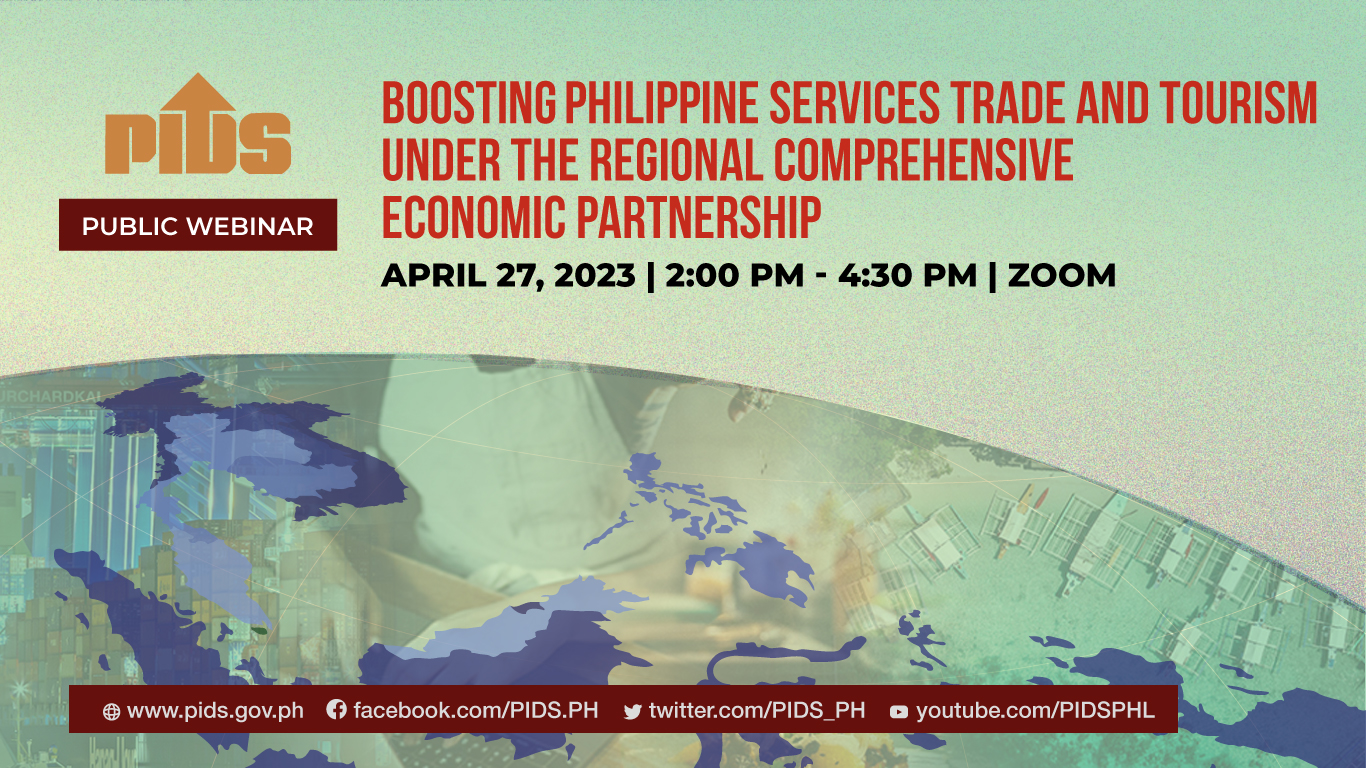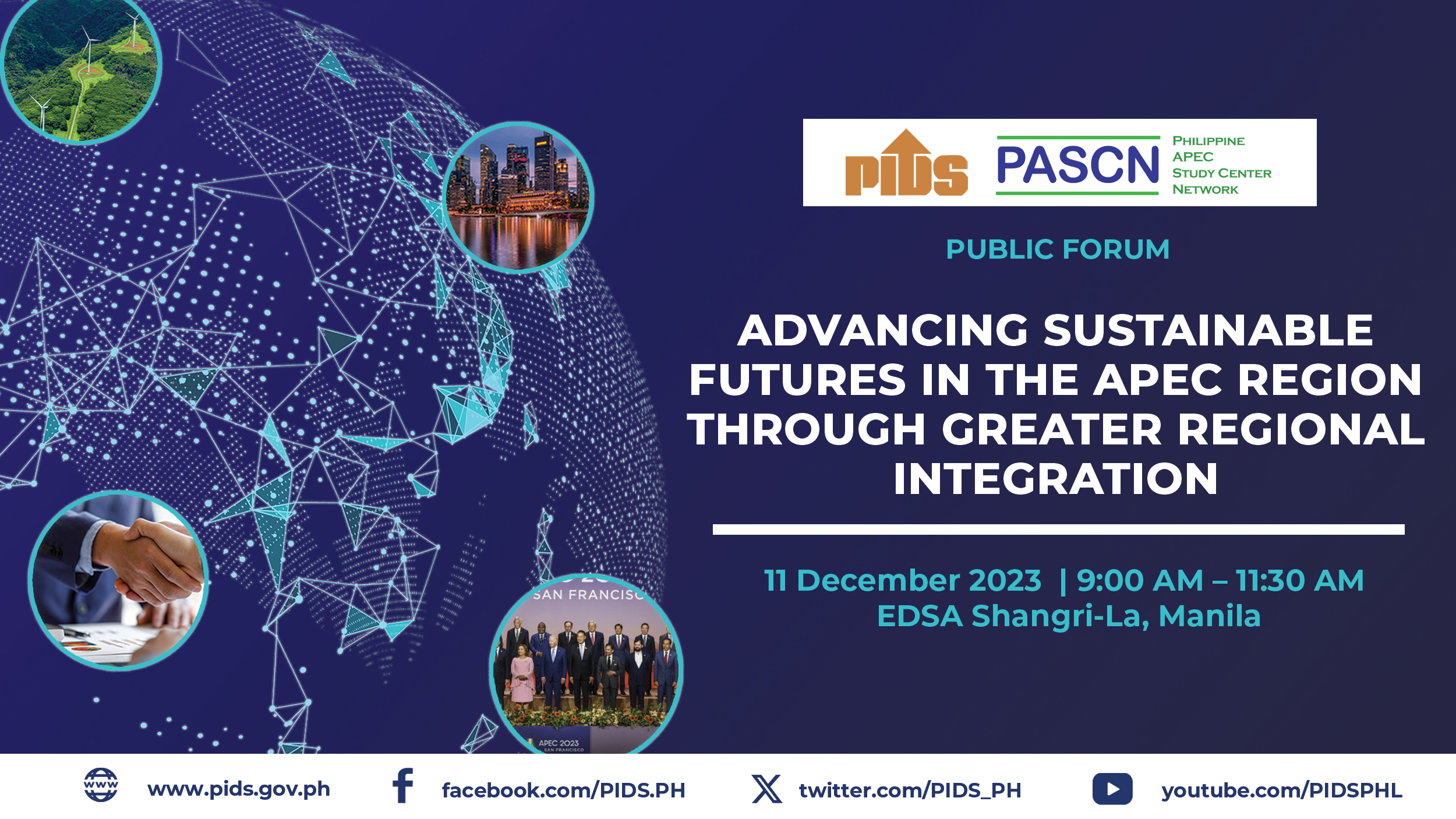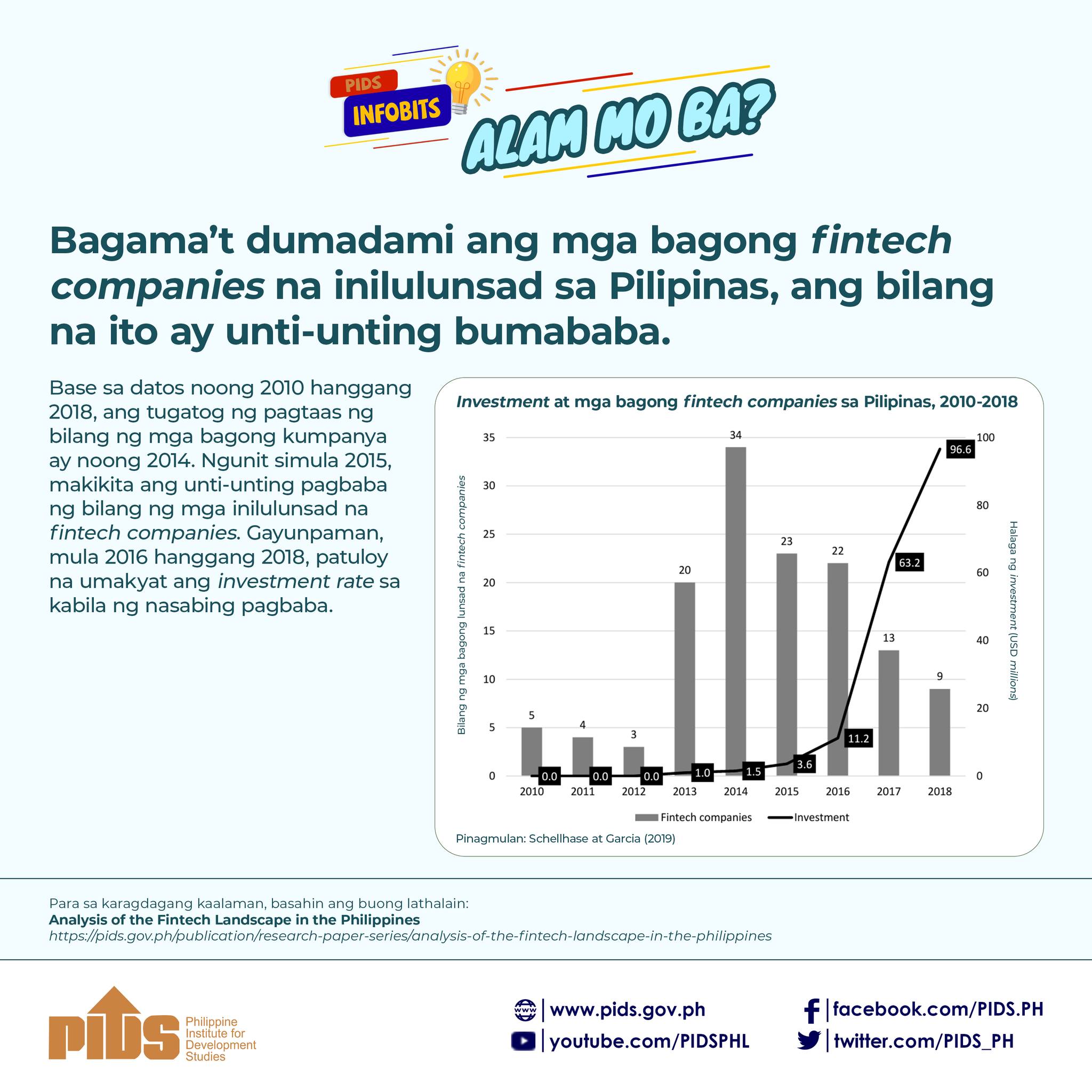THE Asean can boost intraregional trade and investment through the help of the region’s traditional leaders, according to an economist from the Economic Research Institute for Asean and East Asia (Eria).
In a news statement released by the Philippine Institute of Development Studies (PIDS), Eria senior economist Ponciano Intal Jr. said this can be done by sultanates through spreading awareness about the Asean community.
Data showed the business sector in the Philippines had the lowest appreciation of the benefits that come with its membership in the Asean.
“Perhaps, the sultanates of Mindanao, Brunei [Darussalam], Malaysia and Indonesia can take the lead in creating certain agreements that support regional Asean community-building,” Intal proposed.
Other recommended strategies include holding cultural heritage activities that emphasize unity in diversity and increased use of traditional and social media.
These can help encourage businesses to invest in the region, including the Philippines. PIDS Research Information Director Sheila Siar said that, currently, businessmen are wary of issues related to trade, investment and regulation in the region.
Previous studies, Siar added, have identified these as nontariff barriers on trade activities in Asean countries, including the Philippines.<
Siar said corruption also remains a major issue in the Asean region.
“The fact that corruption is the most pressing problem overall suggests that the respondents see corruption—and related governance problems—as a critical bottleneck to production efficiency, investment attractiveness, competitiveness and possibly even development,”said Lydia Ruddy, Eria Director of Communication.
Moreover, the PIDS said the business sector reported moderate awareness of the Asean. Siar said this was also found in other respondent groups, including those from the government, academe and civil society.
In general, the PIDS added, these sectors registered moderate awareness of the Asean and moderate identification as Asean citizens.
The PIDS blamed the low media coverage of the Asean, which also figured in other Asean member-states.
In the case of Indonesia, Dr. Alexander Chandra, associate fellow of the Habibie Center in Jakarta, mentioned that the media only focuses on domestic or negative news.
“Asean news is [considered] not controversial, hence ‘not sexy’ for media coverage,” Chandra said.
Siar shared this in her presentation of the Philippine results of the study “What Does the Asean mean to Asean peoples?” during the Public Symposium on Building the Asean Socio-cultural Community held recently in Davao City.
The symposium was organized by the PIDS and Jakarta-based Eria, in partnership with the Mindanao Development Authority and the Asean society.
In a news statement released by the Philippine Institute of Development Studies (PIDS), Eria senior economist Ponciano Intal Jr. said this can be done by sultanates through spreading awareness about the Asean community.
Data showed the business sector in the Philippines had the lowest appreciation of the benefits that come with its membership in the Asean.
“Perhaps, the sultanates of Mindanao, Brunei [Darussalam], Malaysia and Indonesia can take the lead in creating certain agreements that support regional Asean community-building,” Intal proposed.
Other recommended strategies include holding cultural heritage activities that emphasize unity in diversity and increased use of traditional and social media.
These can help encourage businesses to invest in the region, including the Philippines. PIDS Research Information Director Sheila Siar said that, currently, businessmen are wary of issues related to trade, investment and regulation in the region.
Previous studies, Siar added, have identified these as nontariff barriers on trade activities in Asean countries, including the Philippines.<
Siar said corruption also remains a major issue in the Asean region.
“The fact that corruption is the most pressing problem overall suggests that the respondents see corruption—and related governance problems—as a critical bottleneck to production efficiency, investment attractiveness, competitiveness and possibly even development,”said Lydia Ruddy, Eria Director of Communication.
Moreover, the PIDS said the business sector reported moderate awareness of the Asean. Siar said this was also found in other respondent groups, including those from the government, academe and civil society.
In general, the PIDS added, these sectors registered moderate awareness of the Asean and moderate identification as Asean citizens.
The PIDS blamed the low media coverage of the Asean, which also figured in other Asean member-states.
In the case of Indonesia, Dr. Alexander Chandra, associate fellow of the Habibie Center in Jakarta, mentioned that the media only focuses on domestic or negative news.
“Asean news is [considered] not controversial, hence ‘not sexy’ for media coverage,” Chandra said.
Siar shared this in her presentation of the Philippine results of the study “What Does the Asean mean to Asean peoples?” during the Public Symposium on Building the Asean Socio-cultural Community held recently in Davao City.
The symposium was organized by the PIDS and Jakarta-based Eria, in partnership with the Mindanao Development Authority and the Asean society.

